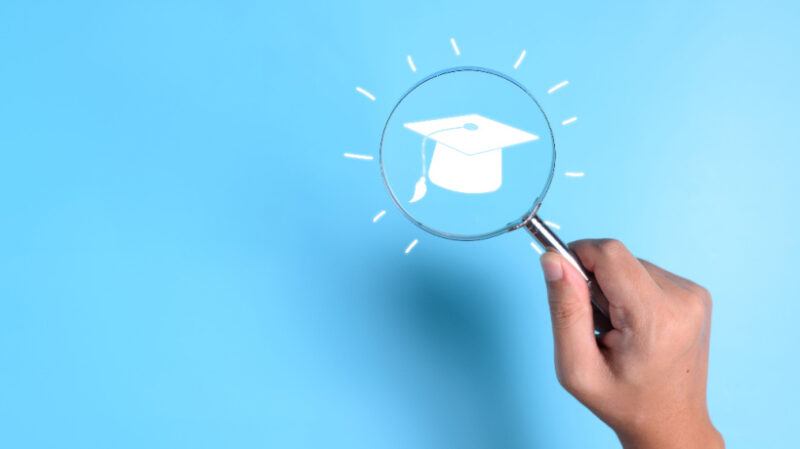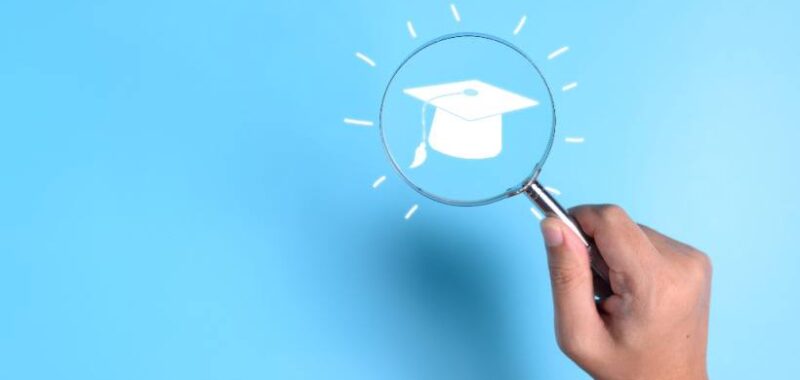
How Educational Institutions Empower Students
The foundation of individual growth alongside community development depends on education, where schools function as vital institutions for students’ intellectual, mental, and social abilities. Schools now face unprecedented importance in developing future trajectories for students as the world keeps accelerating. Students obtain academic information coupled with fundamental life abilities, which prepare them to handle adult life complexities throughout their educational journey. This article analyzes the importance of educational programs for students in educational institutions through an assessment of their effects on intellectual development, combined with individual growth and character formation for responsible citizenship.
The Academic Foundation
Creating a firm academic base stands among the key objectives in the educational mandate of schools. Students in schools learn from instructors through instruction in fundamental subjects covering mathematics, science, foreign languages, history, and the arts. School courses give students strong logic abilities and problem-solving competencies, together with a profound understanding of their environment. The educational framework directs students to investigate multiple academic domains, thus creating both intellectual interest and passion for knowledge discovery.
Academic education stands as vital for all its purposes. Students who study through this method develop the necessary tools that prepare them for career success. The study of mathematics improves logical thinking abilities, science both promotes questioning behaviors and scientific investigation, and literature enhances students’ capability to express themselves through words. Learning multiple languages creates opportunities for better understanding between different cultures, together with improved cross-cultural communication options. Schools develop students’ academic competence to make them ready for college education and career opportunities, which enables them to serve society effectively.
The Role Of Educational Institutions In Personal And Social Development
Student personal development depends heavily on educational institutions in addition to their formal education acquisition. Children establish their first skills in human relationships, emotional management, and relationship formation within school walls. Active programs at school help students build capabilities such as empathy, together with communication skills and emotional intelligence. Such crucial abilities will benefit individuals throughout their existence.
Students need social skills they learn at school because these abilities help them toward individual achievement and professional excellence. School training includes instruction about teamwork, along with project collaboration methods and conflict resolution practices for productive solutions. The education process and associated opportunities serve as vital training grounds that develop the necessary social competence required for all aspects of life and work. Extracurricular activities at schools, including sports and music groups as well as drama clubs and various clubs, offer students a chance to build friendships and develop talents while boosting their confidence.
School facilities act as principal agents for fostering diversity and inclusive practices. A multicultural school environment exposes students to multiple cultural viewpoints, which creates an optimum learning environment for tolerance and understanding between various social groups. Students develop open-mindedness together with compassion, which makes them suitable to work with diverse groups and help build a harmonious community.
Encouraging Critical Thinking And Problem Solving
Educational institutions have evolved past their traditional role of memorizing facts because modern times present information easily, and technology continues to advance. The institutions function as knowledge centers for teaching students critical skills in problem resolution as well as analytical decision-making abilities. The teaching profession helps students evaluate information while analyzing data through creative problem solving to solve complex issues.
Preparing Students For The Future
The rising globalization, together with technological advancements, requires schools to teach students basic skills crucial for modern success. Schools hold the responsibility to develop students for future success through an environment of continuous change. Academic education should go beyond basic content delivery because students need modern workforce competencies such as communication abilities, digital literacy skills, and adaptability.
Conclusion
Schools serve as educational institutions for their students by delivering functions that surpass traditional academia. Schools maintain the responsibility to mold students into complete individuals by giving them essential knowledge along with crucial competencies and important ethical qualities that enable them to succeed in a rapidly changing environment. Through their programs, schools develop students’ intellectual capabilities and personal growth, combined with social capabilities and critical thinking abilities, which help them confront upcoming challenges in life. Good education leaves an indefinite impact and serves as the basis for creating a thriving, harmonious society.

